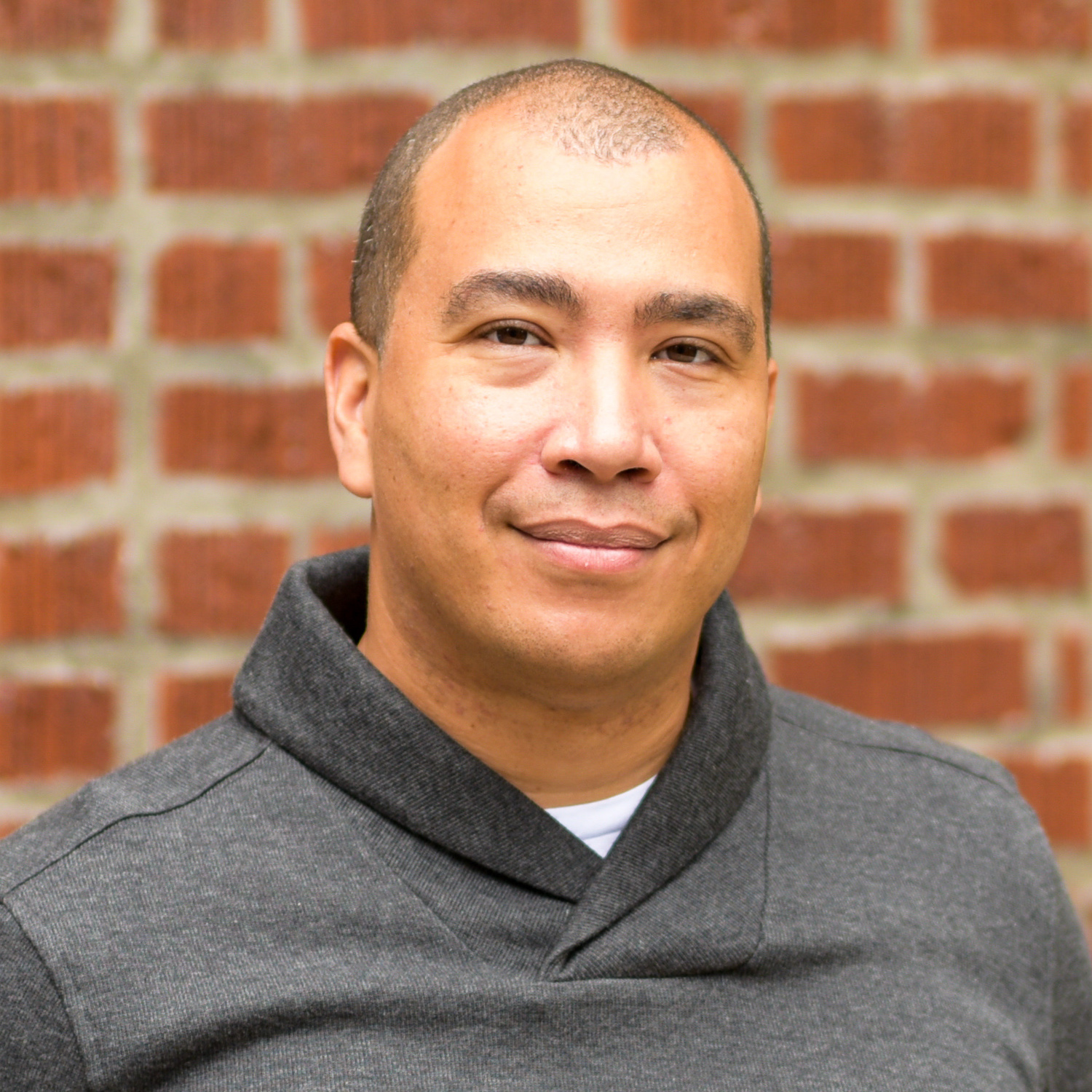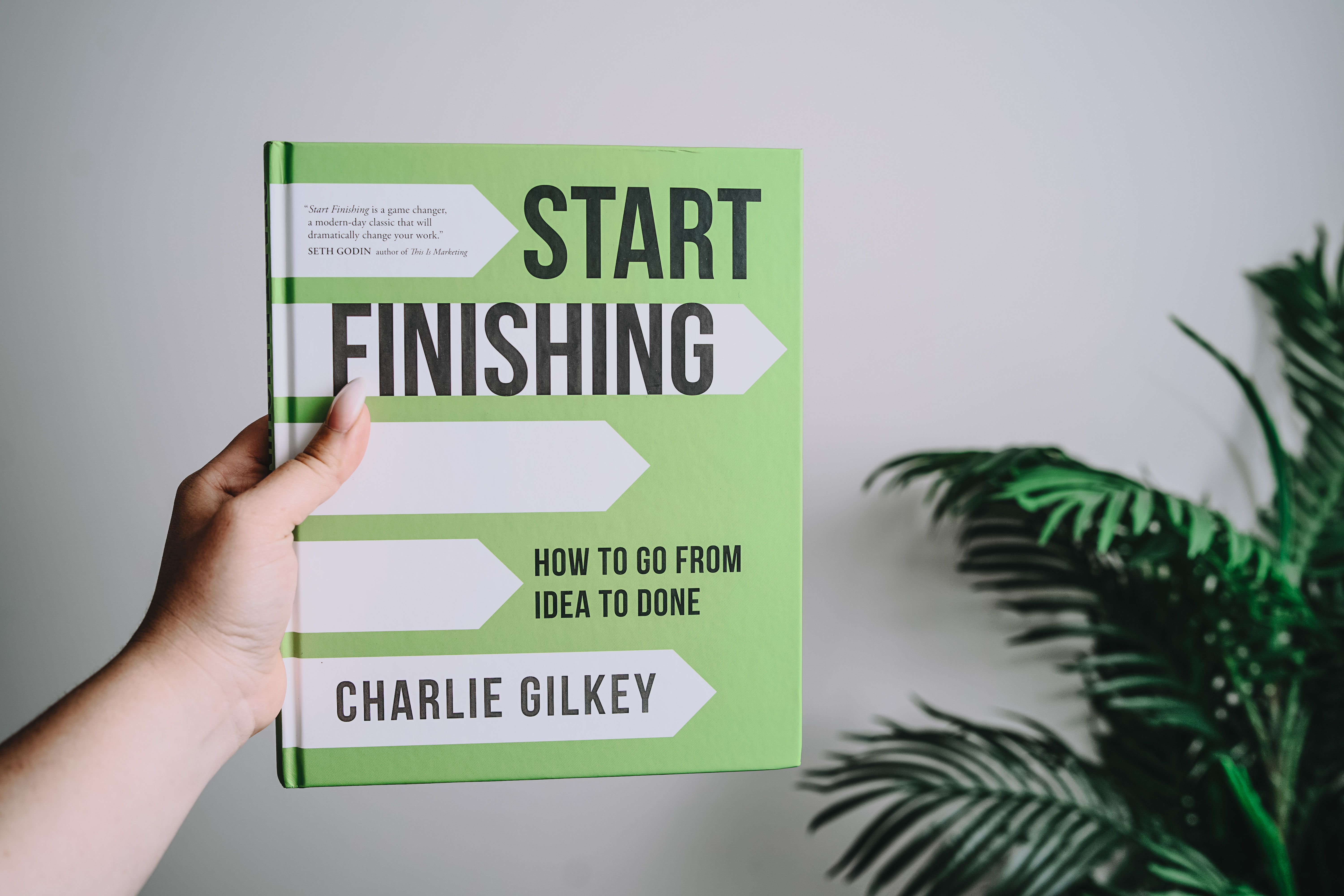This final part of our Finishing Strong series takes what you’ve learned from all your hard work on your current project or season, and applies it to the next big thing you’ll work on. Whether it’s at the end of a project, the end of a quarter, or the end of a year, we are big fans of AARs (after-action reviews) here at PF. Just like the last post about CAT work, conducting thoughtful AARs at the end of something increases your likelihood of succeeding on the next thing you attempt. Let’s dive in and I’ll show you how. P.S.: Be sure to check out part 1, part 2 and part 3 of the series.
Throughout the stages of getting the project done, you’ve had a lot of wins as well as varying degrees of setbacks and challenges, and you’ve figured out how to get and keep momentum. Many of those elements will be common across other projects, and much like using your GATES, you can start your next project leveraging those lessons learned rather than learning them all over again. Learning something once is an investment; learning it twice is a waste.
After nearly every Army training activity, exercise, or event, an after-action review (AAR) is conducted, wherein participants from the event review it to improve operational efficiency, enhance training, and convert the experience into institutional memory. In most cases, the AAR is part of a checklist such that the event isn’t done until an AAR is completed. They’re so ubiquitous that soldiers often joke about needing to do them for the most minor and banal activities such as sweeping the floor or doing one push-up.
But more important than the efficiency, training, and shared-memory elements mentioned above is that it instills in everyone a habit of continuous improvement, at all levels. (Tweet this.) Though soldiers may joke about doing an AAR after sweeping the floors, the thought process actually leads to improvements in floor sweeping and beyond.
Doing an AAR for your projects can have the same effect.
Rather than just mentally working through the questions below, I recommend writing down your answers in bullet form. That way, when it’s time to do your next project, you can review your last AAR rather than rely on your memory to do so. Our faulty memories, when they do work, are far more likely to recall setbacks and challenges than the wins and practices that led to our success.
The following are questions to ask during your AAR. The goal is to be as honest as you can with your answers—this isn’t the time to sugarcoat things or pile on yourself.
- What went well? This question is fairly straightforward, and we’re starting with it even though the natural tendency is to anchor on the next question. This question need not be focused merely on outcomes: consider the people, processes, and tools that made the project go well.
- What setbacks, challenges, or missteps did I experience? This question is also straightforward. Don’t forget to include challenges you had with other people or your planning, environment, or tools.
- What did I learn? This question is intentionally broad to cover project-specific lessons as well as those that are evergreen. Did you discover that you had a particular strength or weakness that you discounted? Did you learn a new key skill or gain insight into how key players in your ecosystem interact?
- What habits, practices, or routines do I want to keep doing going forward? To get through the void and red zone of your last projects, you likely had to develop or reinforce some habits, practices, or routines. For instance, I learned very early on while writing this manuscript that trying to draft from home wasn’t working, so I started going to a coffee shop that’s about three quarters of a mile from my house. As much as I’d rather write from home (in theory), in practice, going to the coffee shop is a routine that I’ll likely keep doing when it’s time to get some drafting done.
- Were there any especially important difference-makers to the project? For this question, consider difference-makers that go both ways. Your answer can repeat or elevate items already listed, as this question is the one that captures the top items you’ll want to remember in the future. For instance, a major difference-maker for this project was the health issue that ate up four months of the time I had to finish the book. But another (positive) difference-maker was retroactively creating a per diem budget and checking account for myself to allow myself to sink into the flow of working from the aforementioned coffee shop.
As you can see from some of the items I highlighted from my experience, what gets captured will vary from significant (four months of pain and discomfort eating up my writing time) to what may seem to be minor (going to a coffee shop to write). But capturing them all and reviewing them at the start of your next major project is incredibly helpful. For instance, if I happen to be lamenting or overwhelmed by how big a book project feels, remembering that I still completed this one on time despite losing four months will help me see that I’ll likely be able to do the next one on the timeline I agree to. And I know to plan on going to the coffee shop and bake that into my plans and budgets unless I’ve created a better environment.
Your first few project AARs may create significant changes in the way you do your next projects. As you continue to do them, you may find that you “only” improve 1 to 5 percent per project. But 1 to 5 percent per project over a decade of projects amounts to astonishing improvements in your effectiveness, efficiency, and momentum. A focus block at the start of your project (to review previous and other relevant AARs) and at the end (to create a new one) is a small price to pay for what you’ll get out of the process.
For additional support in tackling the foundations of doing your best work, the award-winning Start Finishing is your resource for starting well, continuing despite the obstacles that eventually come up, and yes, finishing strong. Pick up your copy today.


